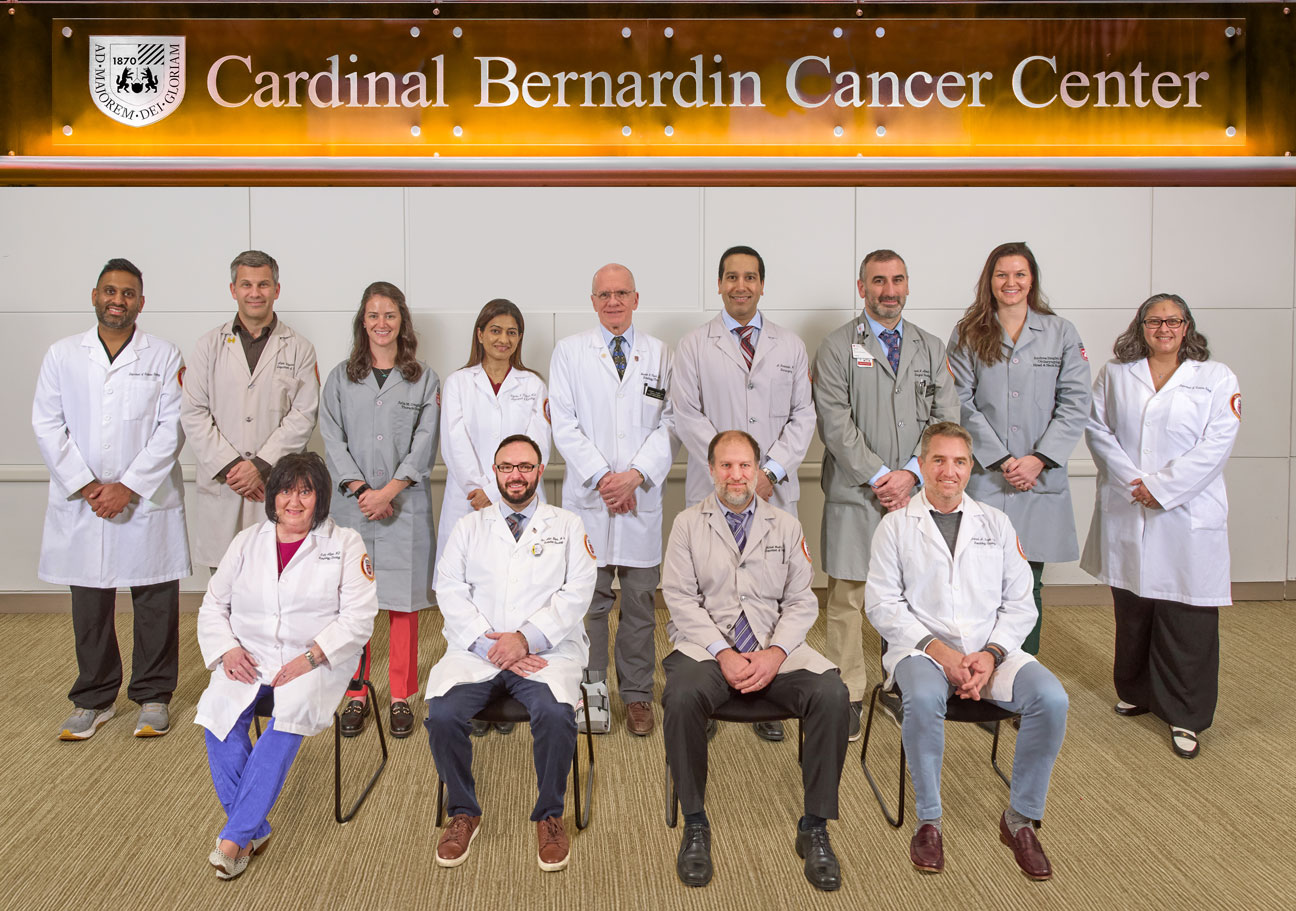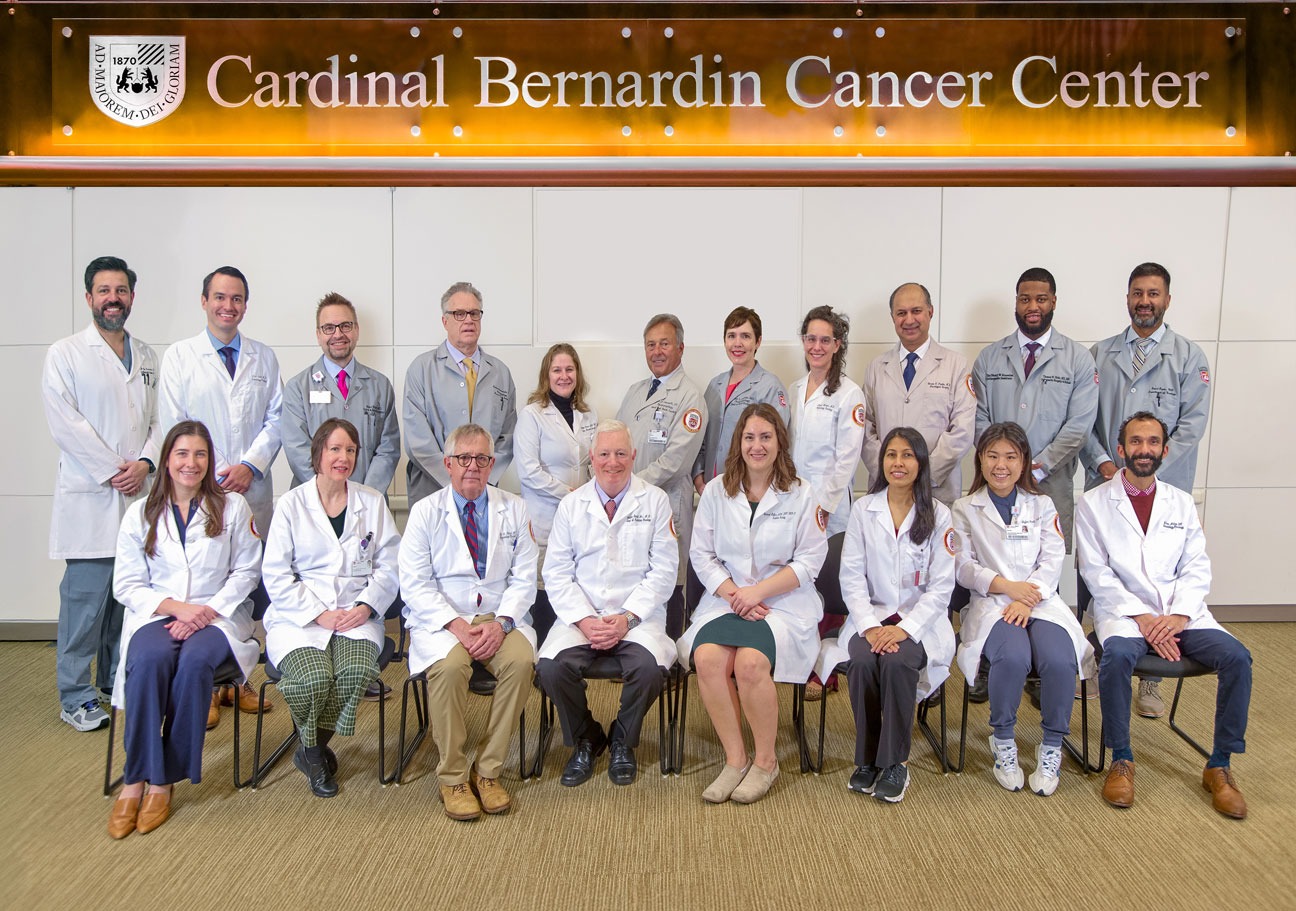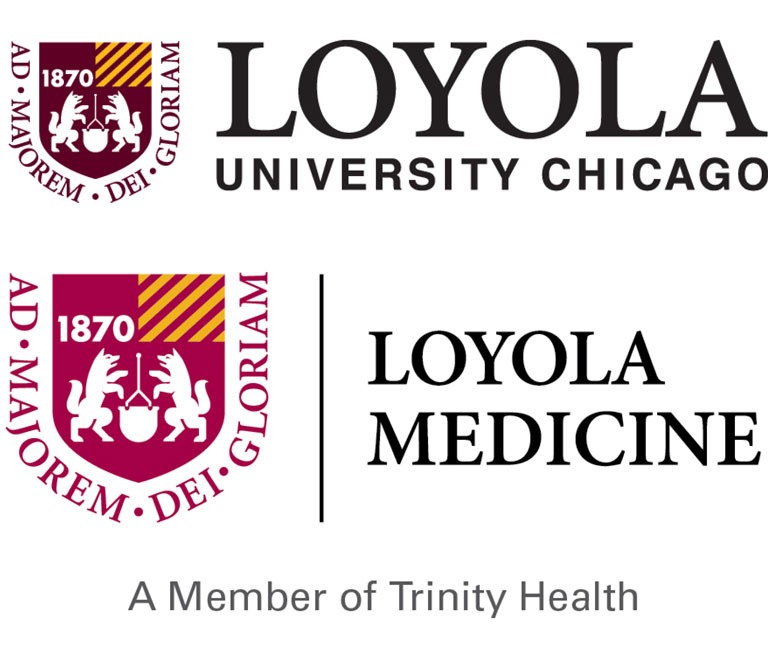Sponsored Content


Loyola’s Cardinal Bernardin Cancer Center: Partnering to Improve Patient Outcomes
Loyola University Chicago partners with Loyola Medicine to translate discovery into clinical practice to improve patient outcomes and ultimately, transform lives. Cardinal Bernardin Cancer Center physicians, researchers, scientists, and faculty come from many clinical and academic departments in Loyola University Chicago’s Stritch School of Medicine, but have a shared purpose: developing innovative treatments, discovering underlying causes of cancer, and training the next generation of physicians and scientists.
Loyola University Chicago is a national leader in cancer research. It is the only university in Illinois that has a core membership in the NIH’s Bone Marrow Transplant Clinical Trials Network and is a leader with the National Cancer Institute in NCI clinical trials (myeloma/amyloidosis). It is developing new therapies in acute leukemia and novel ways to enhance the effectiveness of umbilical cord blood research for fatal blood cancers. It is also a national leader in radiation oncology offering advanced treatments including, intraoperative radiation, hyperthermia, brachytherapy for new and recurrent prostate cancer, advanced gynecologic brachytherapy, and radiation treatments for arthritis.
The Cardinal Bernardin Cancer Center’s research programs are creating important paths to discovery of new treatments for patients and changing the practice of medicine. Research areas include cancer biology and therapeutics, cancer control and survivorship, and radiation oncology, imaging and technology. The Cancer Center’s robust clinical trial program helps inform our understanding of cancer and improve prevention, diagnosis, treatment, and care.
Training the Next Generation
Our faculty are committed to training the next generation of health professionals. Cardinal Bernardin Cancer Center’s nationally recognized scientists and physicians who lead groundbreaking research and practice are educating and mentoring fellows, residents, medical and graduate students. These trainees are well-prepared to pursue careers in academia, research, healthcare and industry. For more information about Loyola University Chicago's Stritch School of Medicine, visit www.luc.edu/stritch.
To find a doctor or schedule a consultation at the Cardinal Bernardin Cancer Center, visit www.loyolamedicine.org.




